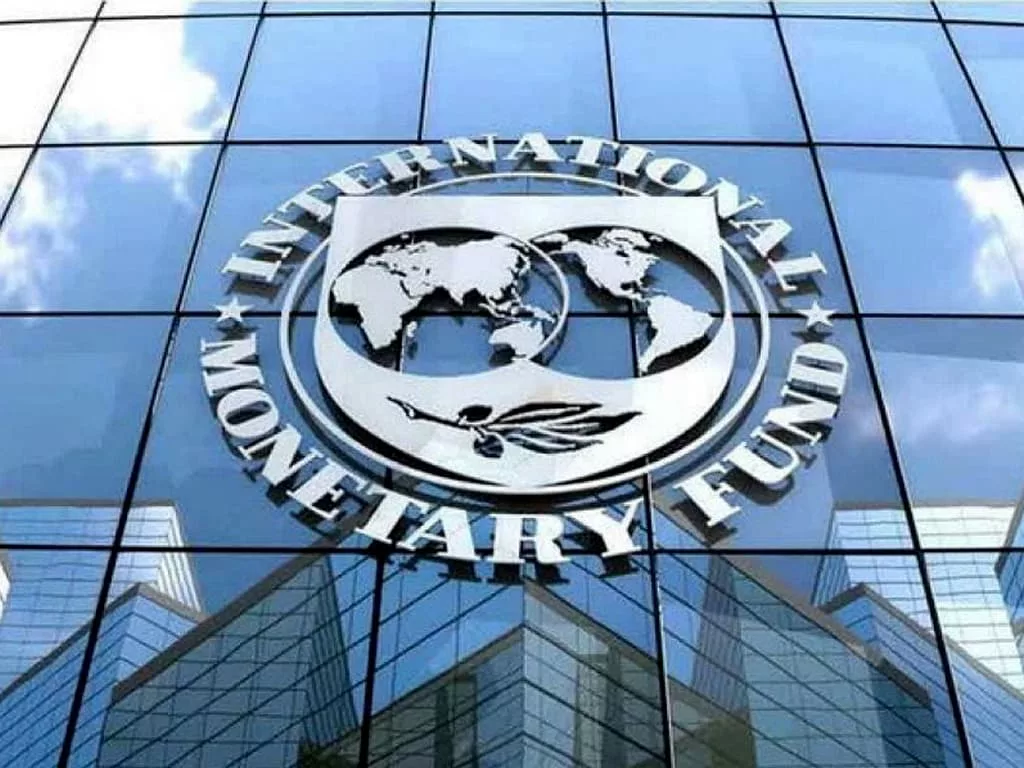The International Monetary Fund (IMF) has delivered a concerning forecast regarding Nigeria’s foreign reserves, predicting a significant decline to $24 billion by the year 2024.
This revelation, detailed in the IMF’s latest country report for Nigeria, underscores potential challenges looming over Africa’s largest economy.
As of February 8, 2024, data from the Central Bank of Nigeria (CBN) indicates that the country’s foreign reserves stand at $33.12 billion. However, according to the IMF’s projections, a substantial drop is expected in the near future.
The IMF report highlights that while the first half of 2023 witnessed a surplus in the current account, there was a notable decline in reserves.
This downturn has been attributed to various factors, including a decrease in hydrocarbon exports due to theft and insufficient investment in essential upstream infrastructure.
Furthermore, profit repatriation from the oil sector has seen a downturn, partially offsetting the adverse effects on the current account.
Additionally, Foreign Direct Investment (FDI) remains low, and there has been an uptick in portfolio outflows.
Looking ahead, the IMF anticipates a challenging period for Nigeria’s financial account through 2024–25, exacerbated by an absence of new Eurobond issuances and significant repayments of existing funds and Eurobonds totaling $3.5 billion.
Despite projecting a current account surplus, officially reported reserves are expected to diminish to $24 billion in 2024.
The IMF emphasized the importance of adeptly managing Nigeria’s external financial obligations.
Successful rollover of all maturing forwards and swaps is crucial for securing and expanding the country’s foreign reserves in the coming years.
Nigeria is currently grappling with significant challenges related to foreign exchange illiquidity, impacting its ability to clear its forex backlog and further depreciating the value of the Nigerian currency.
This scarcity has hindered the nation’s foreign exchange obligations and eroded confidence among foreign investors.
In response, the Central Bank of Nigeria (CBN) has undertaken reforms to address the forex backlog, with an outstanding balance of $2.2 billion yet to be cleared.
CBN Governor Yemi Cardoso recently announced an infusion of over $1 billion in liquidity into the FX market, signaling a positive shift and potential improvement in the forex landscape.
The ongoing reforms in both the forex market and the oil sector are critical for enhancing Nigeria’s appeal to foreign investors and strengthening the inflow of foreign capital.
These efforts are essential for stabilizing the Nigerian economy and ensuring its growth trajectory amidst challenging global economic conditions.





